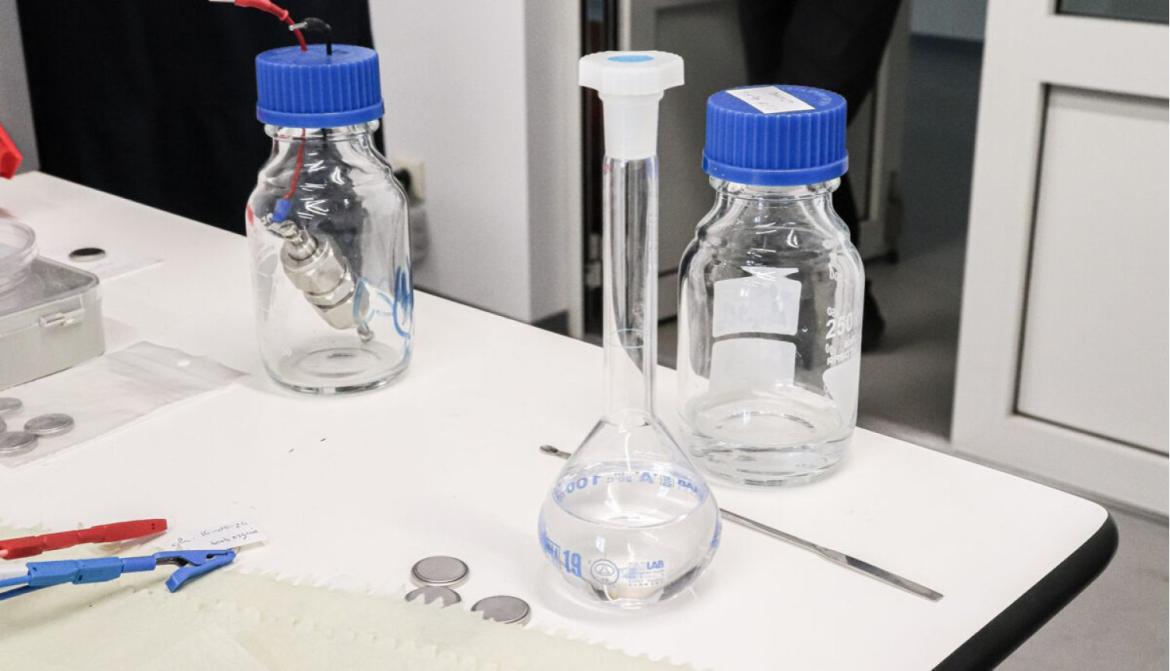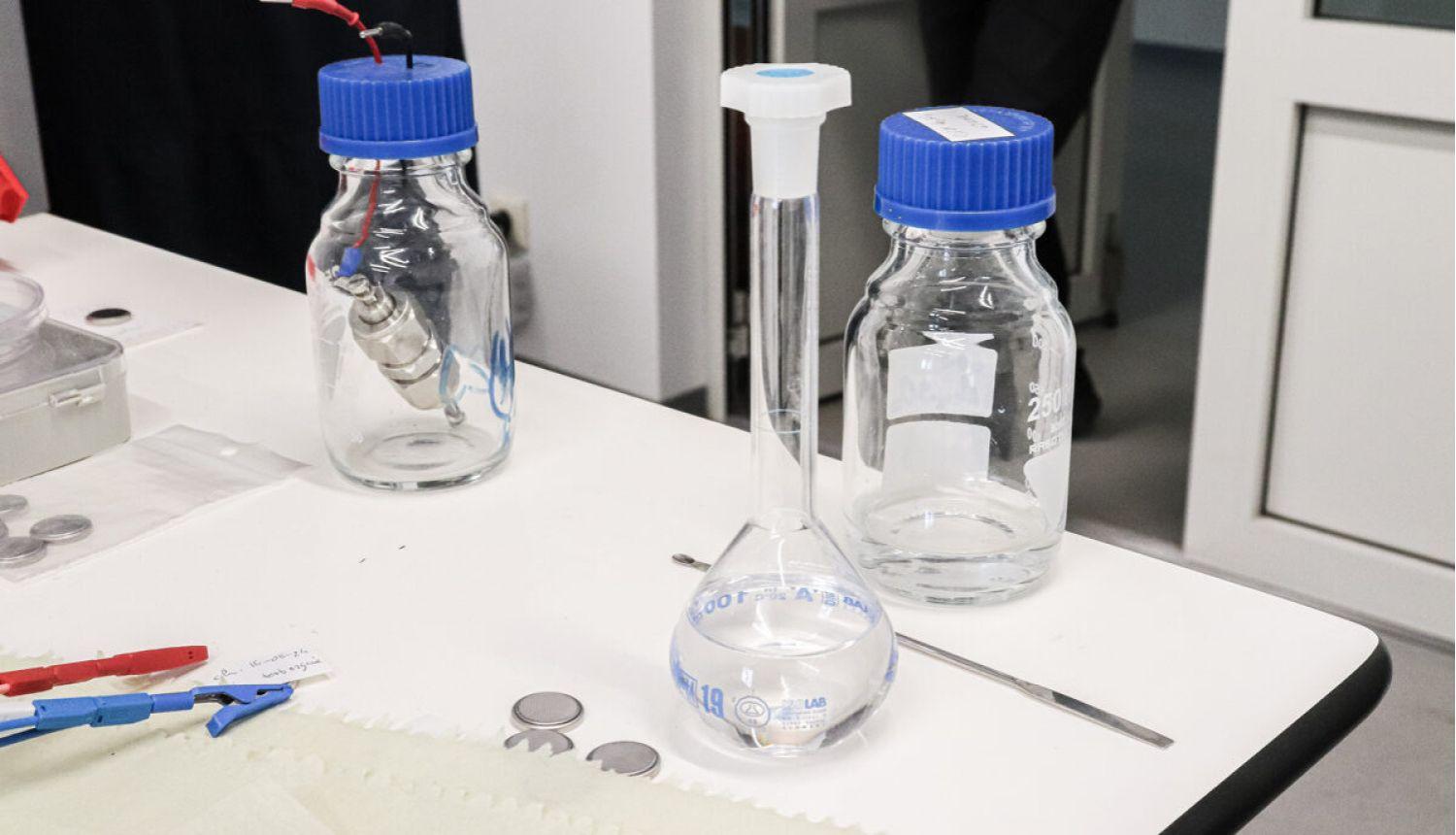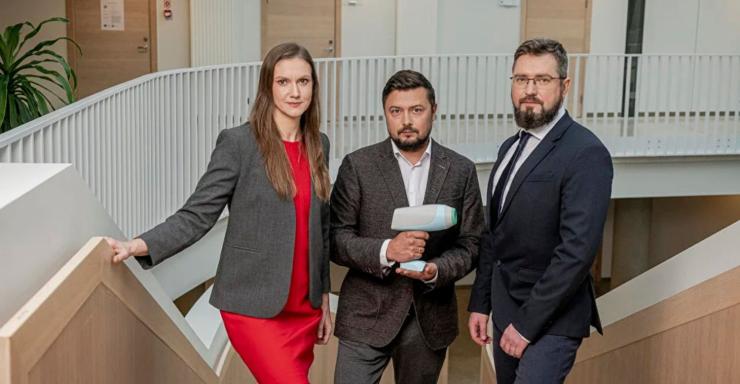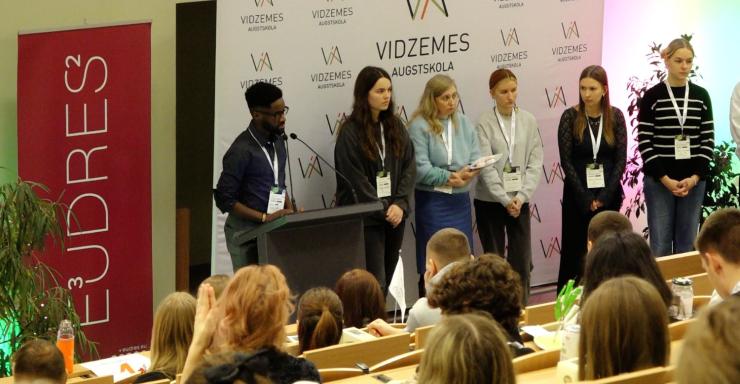High school students now have the opportunity to develop their own scientific research paper (SRP) in the field of energy and engineering in collaboration with researchers from the Swiss–Latvian Cooperation Programme project LACISE under the "Applied Research" initiative

Research Topics for Students
At present, students can develop their SRP at the Energy Materials Laboratory of the Institute of Solid State Physics, University of Latvia, on the following topics:
- The potential for hydrogen production from various household aluminium-containing waste materials;
- The possibilities of hydrogen application when obtained from industrial aluminium-containing waste.
- Opportunity to Propose Own Topic
- Students are also invited to propose their own research topics related to current energy challenges, such as:
- Next-generation battery technologies,
- hydrogen production and storage solutions,
- stability and sustainability of energy supply systems.
The scientific research papers will be developed in collaboration with the Institute of Solid State Physics, the Institute of Electronics and Computer Science, or Riga Technical University.
Benefits for Students
Participation in the research process offers students the opportunity to collaborate with professional researchers, gain practical experience in laboratory work and experimentation, understand the principles of scientific thinking and the research process from idea to result, and build a strong foundation for future studies in engineering, energy, or environmental technology fields.
For more information and to apply, please write to: inese.jansone@cfi.lu.lv
The Swiss–Latvian Cooperation Programme project LACISE focuses on addressing today’s most pressing energy challenges and educating the next generation of scientists. The project promotes close cooperation between Latvian and Swiss researchers. Within the framework of LACISE, research and development of solutions are carried out for both short-term implementation and long-term progress in key energy sectors, fostering the stability of energy supply systems, the advancement of next-generation batteries, and the improvement of hydrogen production technologies.



